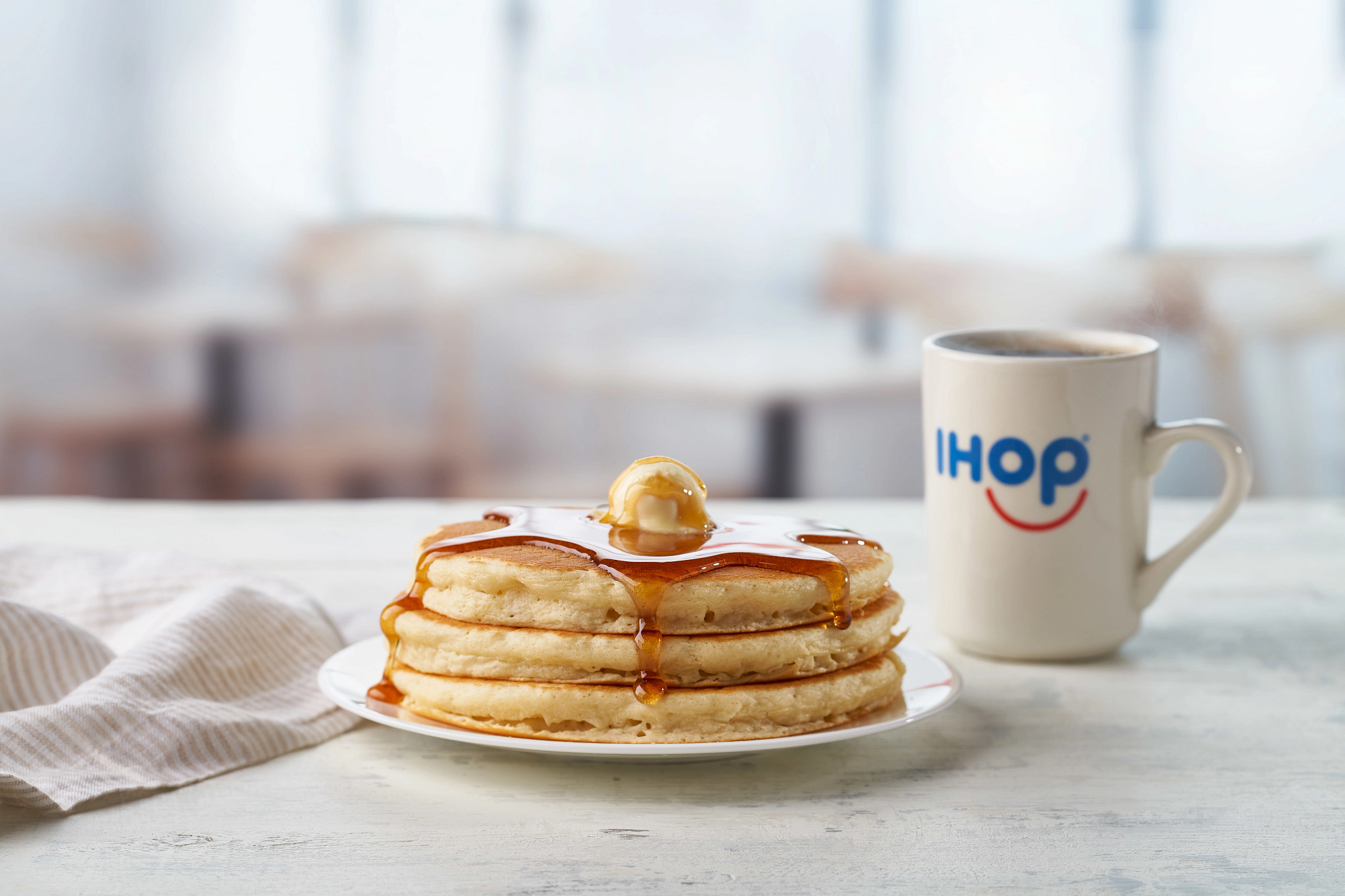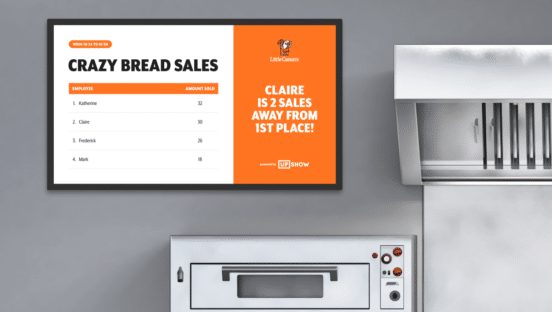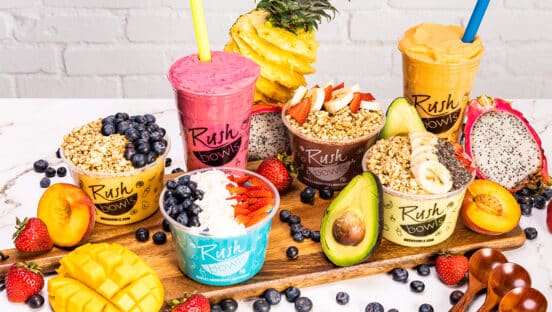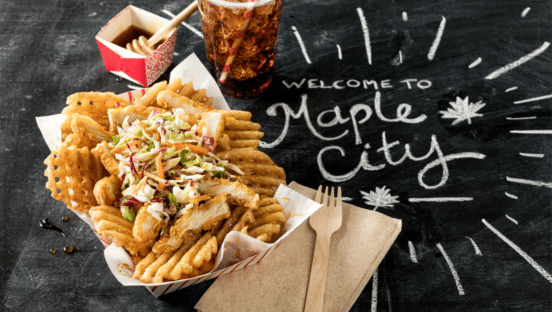For quick-service restaurants, efficiency and order accuracy are key to business success. Due to the pandemic, consumers now have heightened expectations of the to-go experience. This means the performance of labels securing accuracy is more important than ever.
As well, consumers, governments, and the industry have increased their expectations of hospitality companies’ environmental impact. This means companies must take tangible actions to transition to sustainable use of materials and reduce waste.
OptiCut Direct Thermal (DT) Linerless labels from UPM Raflatac enable hospitality businesses to respond to these trends.
Efficiency and accuracy
OptiCut products are designed to improve process efficiency and order accuracy. They offer print clarity and low adhesive build-up in your liner-free printer. Additionally, UPM Raflatac developed OptiCut to stick, peel, and re-label on different substrates. This includes many packaging types available to restaurants. Finally, OptiCut labels perform in various conditions, like hot, humid, and moist environments.
“We developed OptiCut to meet needs of companies that use a variety of packaging types in a fast-paced hospitality environment,” says Brinder Gill, sales director at UPM Raflatac Americas. “We recognized the need for a linerless solution where the adhesive will not jam up the liner-free printer, and the label will perform in diverse environments.”
OEM tested and approved
OptiCut products offer many improvements over standard DT linerless labels. They increase efficiency because the material causes less adhesive build-up on the printer’s cutting knife. This reduces printer jams, improves printability, and extends the printer’s service cycle.
The performance of OptiCut has been tested with many printers. For example, Epson has qualified OptiCut Linerless products on its new OmniLink TM-L100 liner-free compatible thermal label printer.
“Our partnership with Epson will allow more end-users to benefit from the efficiencies, high performance, and sustainable design of our OptiCut products,” Gill says.
Credible sustainability impact
For anyone switching from linered DT labels, the sustainability impact is significant. Using linerless brings up to a 40 percent reduction in material usage compared to traditional DT labels, which means significant carbon reduction. Now, companies using OptiCut materials can obtain reliable calculations verified by the Carbon Trust showing their reduction in carbon footprint compared to linered DT label alternatives.
Moreover, OptiCut materials carry the CarbonNeutral certification by Natural Capital Partners. We have compensated for the Linerless range’s cradle-to-customer unavoidable greenhouse gas emissions through projects that reduce or avoid carbon emissions.
Regardless of the size of your business, UPM Raflatac can support your transition to linerless. “There is no comparison in our linerless capacity, which exceeds 100 million meters,” Gill says. “We support our customers through a global distribution network, enabling them to transition to DT linerless solutions smoothly and at their pace.”
Read more about UPM Raflatac OptiCut DT Linerless at go.upmraflatac.com/OptiCutLinerless.













